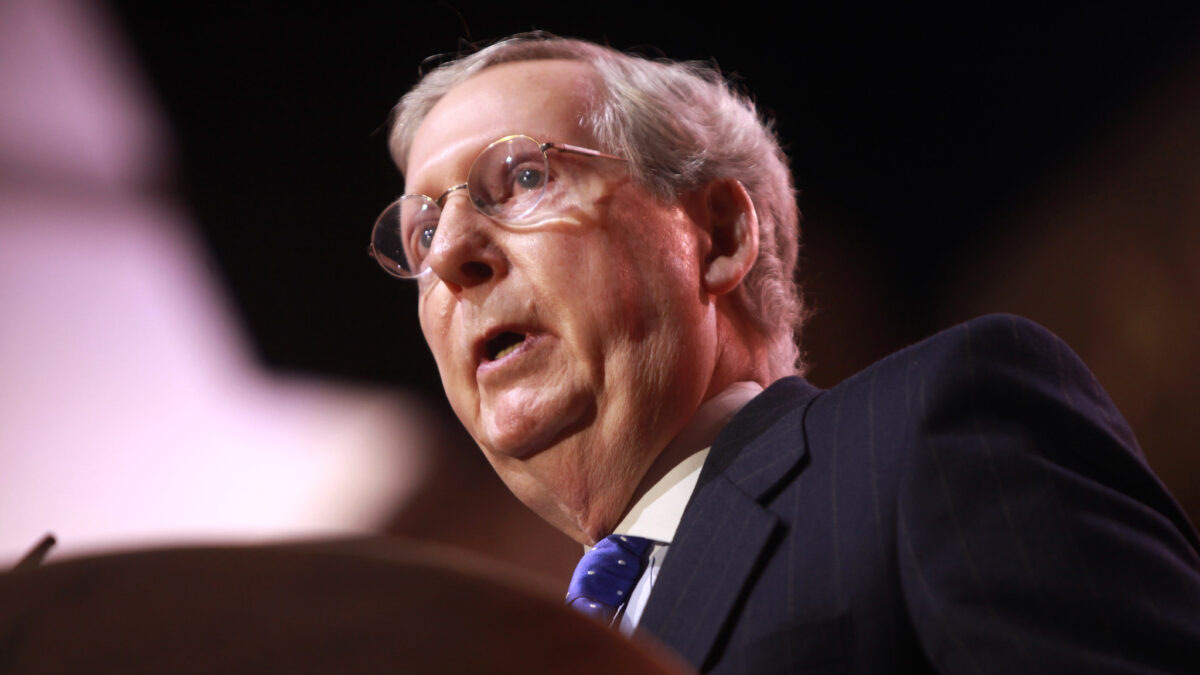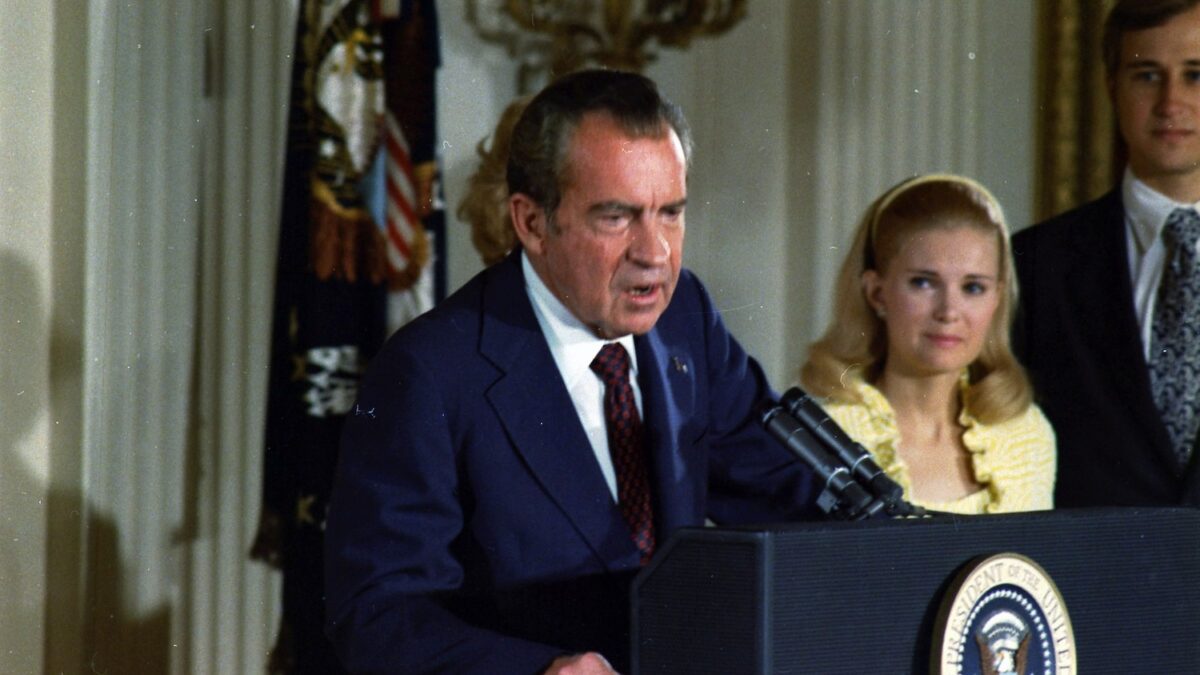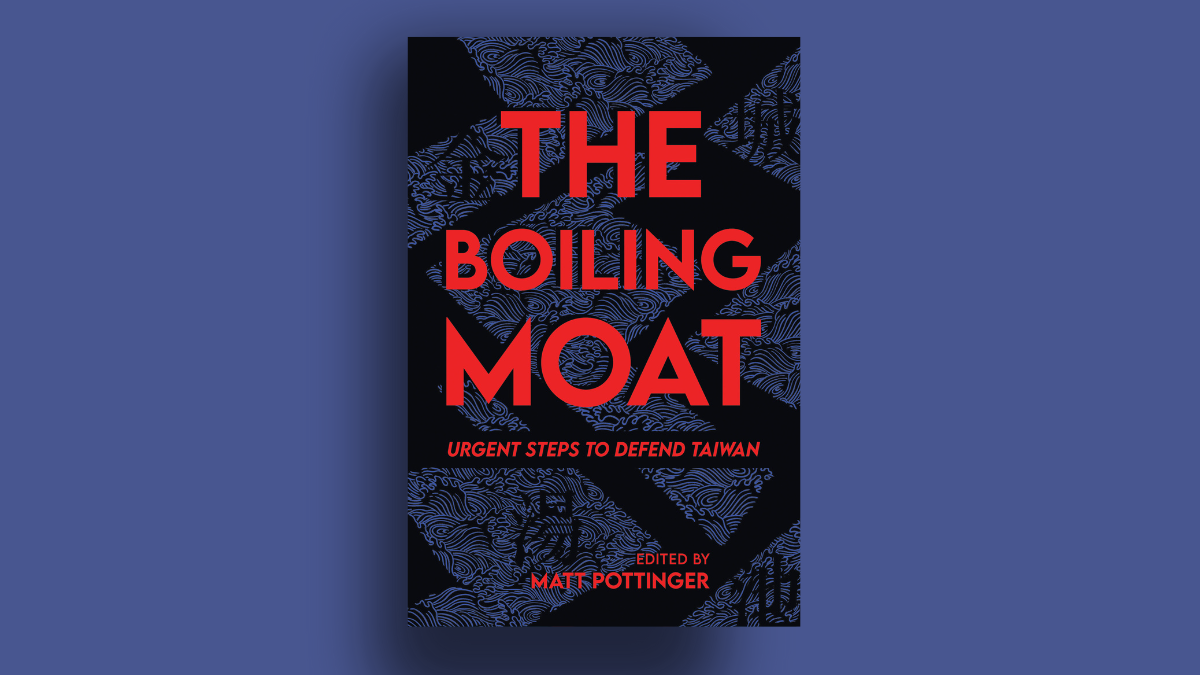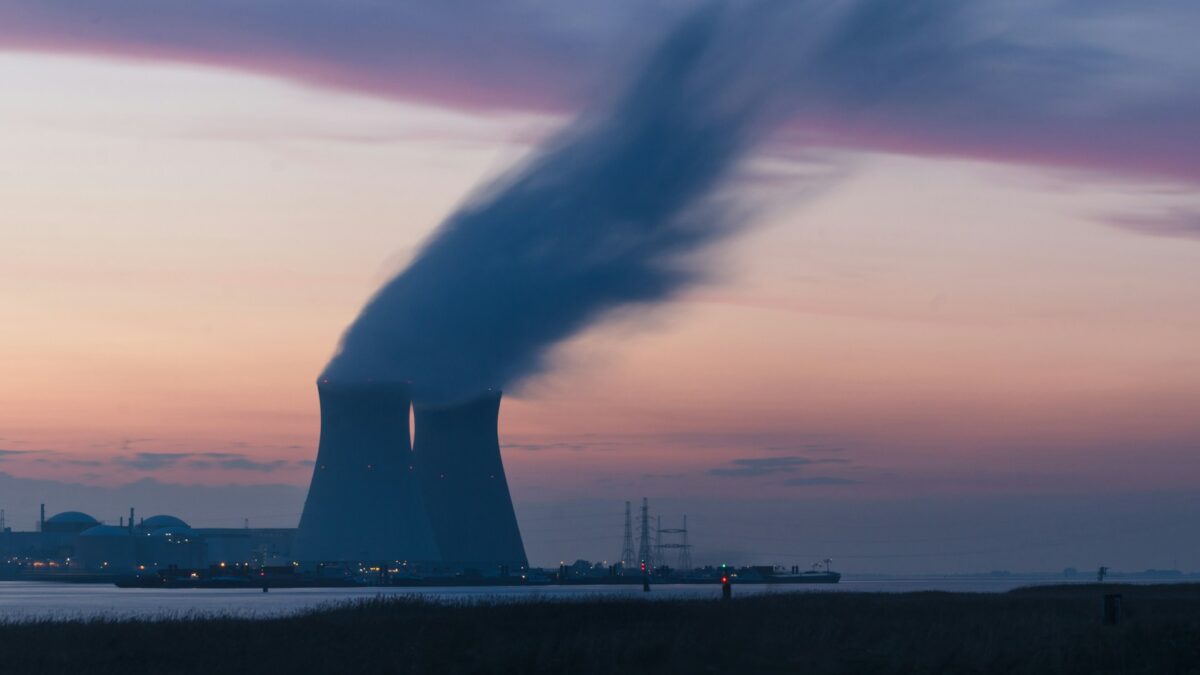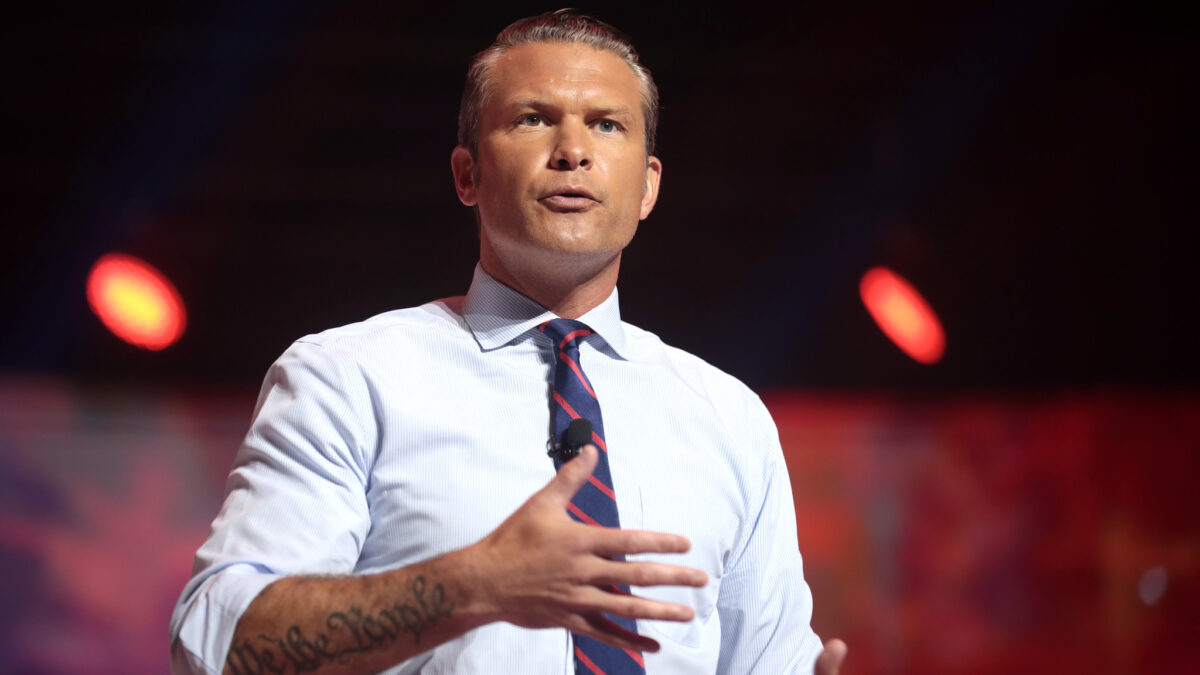Comments Senate Minority Leader Mitch McConnell made on Tuesday show why he has become the single biggest obstacle to GOP success.
The Kentucky Republican claimed giving more money to Ukraine is “the No. 1 priority for the United States right now, according to most Republicans.” The new $1.7 trillion Democrat spending bill he enthusiastically supports would give Ukraine another roughly $45 billion in assistance, bringing the total over the past eight months to more than $100 billion, a staggering figure even if it weren’t happening during a time of inflation, looming recession, and other serious domestic problems.
The comment about Republican priorities is so false as to be completely delusional. Among the many concerns Republican voters have with Washington, D.C., a failure to give even more money to Ukraine simply does not rank.
A large coalition of conservative groups, including the Heritage Foundation and the Conservative Partnership Institute, publicly opposed ramming through more Ukraine support during the lame-duck session before Republicans take over control of the House on Jan. 3, 2023. Strong pluralities and majorities of Republicans have told pollsters they want decreases, not increases, in foreign spending and global military involvement.
Many Republican voters support helping Ukraine fight Russia’s unjust invasion, but it is absolutely nowhere near their top issue, contrary to McConnell’s false claim. It ranked higher as a priority before American taxpayers gave Ukraine more than was given to their war effort by nearly every other country in the world combined. But even at the height of support for the effort, before it turned into a massive proxy war with an unclear relationship to the U.S. national interest, it was not the top issue for Republicans, coming behind the economy and the U.S. border.
A majority of Americans polled a few months ago said more money should be given to Ukraine only after wealthy European countries match what Americans have already sent — something nowhere near happening.
Republicans care deeply about borders and national sovereignty, but they rank the protection of their own open border far above the protection of the borders of other countries. It is worth remembering that the longest government shutdown in U.S. history occurred in 2019 over a fight between Congress and President Donald Trump over whether to commit a relatively paltry $5 billion to protect our country’s southern border, which Congress had refused to fund.
About that $1.7 Trillion Spending Package
Another comment from McConnell also shocked Republicans. Of the $1.7 trillion left-wing spending spree McConnell is working so hard to help Democrats pass, he said, unbelievably, that he was “pretty proud of the fact that with a Democratic president, Democratic House, and Democratic Senate, we were able to achieve through this omnibus spending bill essentially all of our priorities.” As an indication of how deeply sick and broken and unserious the Senate is, no one had even begun to read the lengthy bill, which was put forward just hours before votes began.
The American people voted for Republicans to take over control of the House of Representatives, and House Republicans had begged McConnell to push for a smaller, short-term bill to keep the government funded while also giving them a rare opportunity to weigh in on Biden’s policy goals. McConnell allies dismissed House Republican Leader Kevin McCarthy and other House members who tried to persuade Republican senators not to support Democrats’ spending frenzy.
Budgets are policy documents, and the only leverage Republicans have is to wait a few weeks for when they will have a much stronger hand to weigh in on every issue that matters. By ramming through the $1.7 trillion package during the lame-duck session, Republicans will have significantly less ability over the next year to fight against Democrats’ destruction of rule of law in the Department of Justice, the failure to protect American borders, the destruction of the military, and Democrat collusion with Big Tech to suppress conservatives and their ideas.
The spending bill McConnell asserted was good for all of his priorities rewards the FBI with brand new headquarters and ups the funding for the DOJ to enable it to go after even more of its political opponents while protecting its political allies.
It’s perhaps worth remembering that during the 2020 Georgia runoff campaign, McConnell blocked efforts to increase funding for Americans who had their businesses and jobs shut down by government mandate during the response to Covid-19. Spending is not a problem for him, so long as the right people receive the funds.
Republicans Need a Leader Who Shares Their Goals
What support McConnell has from Republicans largely comes from doing his job well when it comes to judicial nominations. I myself co-wrote a book on the topic. He is rightly praised for his work in getting conservative judges and justices confirmed and for stopping one liberal judicial nominee, Merrick Garland. It is not praiseworthy, however, that he encouraged President Trump to nominate Garland as attorney general and voted to confirm him when President Biden did nominate him.
It is noteworthy that Senate Majority Leader Chuck Schumer has matched McConnell’s record on judges, and with far less fanfare from his allies. Perhaps Democrats demand more of their leaders than competence at only a few aspects of their job. That Schumer is capable of doing what McConnell has done shows it’s not a particularly unique skill set.
McConnell allies also like to say McConnell is good at stopping Democrat legislation. Indeed, McConnell did contribute to what few successes there were in the last two years, such as stopping the poorly named Equality Act. Certainly, he played small ball well enough to keep Sens. Joe Manchin of West Virginia and Kyrsten Sinema of Arizona from voting to get rid of the filibuster. Again, whatever frustration Republican voters have with McConnell should not keep them from acknowledging these limited successes.
However, Republican voters are desperately concerned about the country and are looking for bold and persuasive leadership instead of comfort with a few small, intermittent successes. They also seek leaders who don’t hate them. Frustration with McConnell’s well-known and long-established disdain for Republican voters is becoming a serious problem.
The politically toxic McConnell has continuously ranked as the country’s least popular politician, well behind Biden, Vice President Kamala Harris, Speaker of the House Nancy Pelosi, and Senate Majority Leader Chuck Schumer. He is so disliked by Americans that he is underwater by an average of 35.3 points in polls gauging his favorability.
Unfortunately for Republicans, he has been the top elected Republican in the country for the last two years, a period marked mostly by inexcusable impotence, fecklessness, and muddled messaging from the GOP.
Rather than present a coherent and persuasive vision of what Republican control of the Senate might look like, or even demonstrating consistent opposition to Democrat policies, too often McConnell overtly or covertly helped Democrats pass their signature policy goals. He had his deputy Sen. John Cornyn negotiate a bill to restrict Second Amendment rights. He notoriously and embarrassingly caved on a promise to help Democrats get huge numbers to pass their CHIPS subsidy, giving Biden a huge win he could celebrate with Commerce Secretary Gina Raimondo two weeks before the midterm elections.
McConnell also famously trashed Republican candidates and the voters who selected them, refused to advocate strenuously for the candidates, and failed to develop or pursue a persuasive message to Americans for voting to give Republicans control of the Senate.
When Democrats poured $75 million — not even counting the outside spending — into defending Mark Kelly’s Senate seat in Arizona, McConnell left Republican challenger Blake Masters high and dry. Masters had only $9 million. Instead, McConnell interfered in Alaska’s Senate race even though the top two contenders were both Republican. He gave his valuable cash to weak Republican Lisa Murkowski, the candidate who did not even win the Alaska Republican Party’s endorsement! Murkowski is known for not voting to confirm Brett Kavanaugh to the Supreme Court, among other notable decisions.
After the disappointing midterm loss, McConnell blamed others. He also allowed a dozen Republican senators to vote for a bill that would enable assaults on Republican voters who, on religious grounds, oppose redefining marriage.
So long as Mitch McConnell is the top elected Republican in D.C., eagerly trashing Republican voters, vociferously advocating for Democrat policy goals, pushing $1.7 trillion Democrat spending packages, and weakly fighting for whatever Republican goals he can be bothered to pursue, Republicans have a major problem. This is beyond obvious.
Everyone outside D.C. knows this even if few inside D.C. are willing to acknowledge it. Until they do, the Republican Party will continue to suffer.
